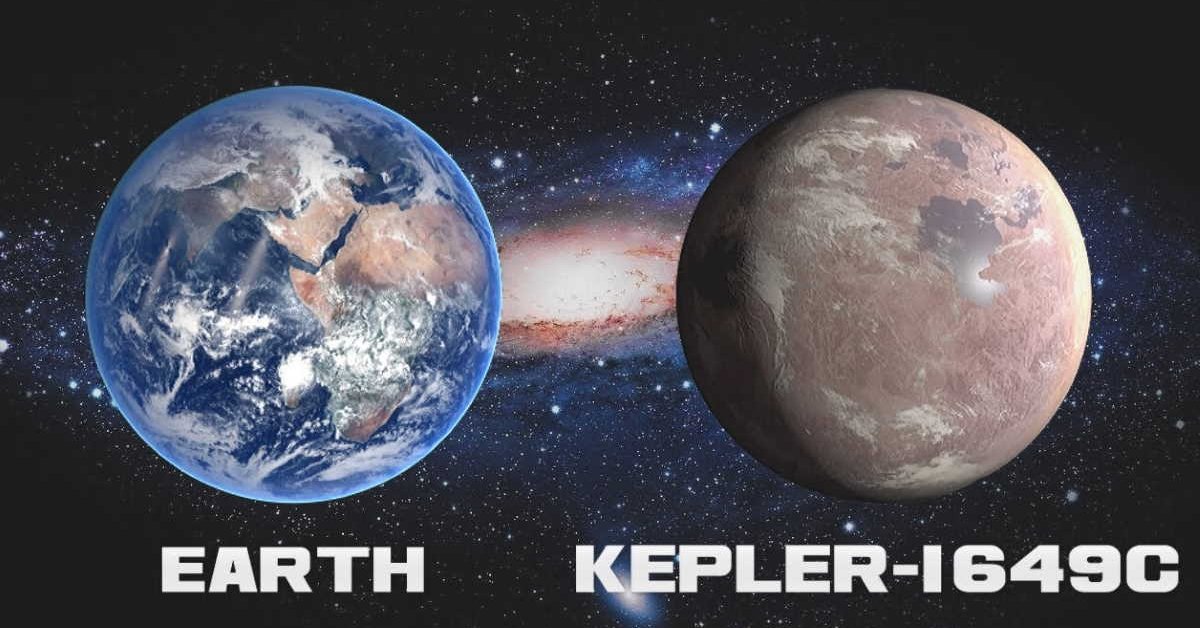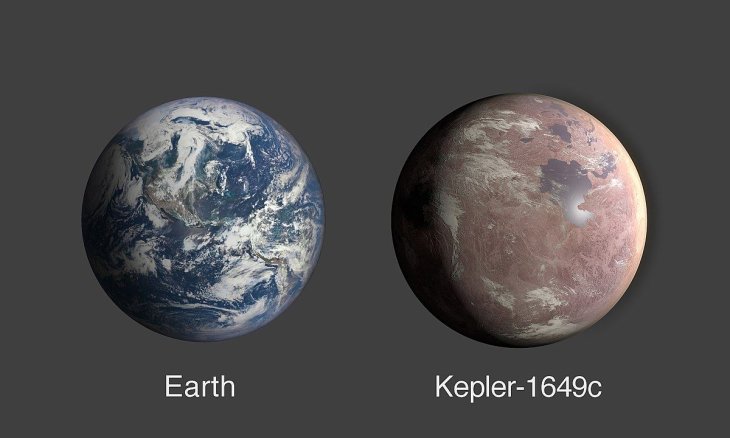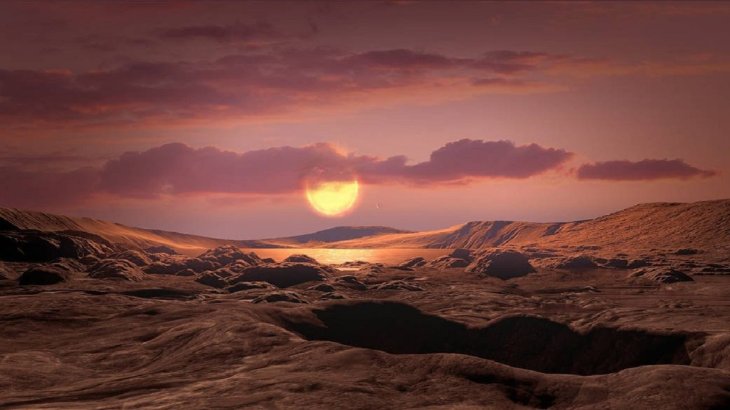NASA Found A Second Earth In The Abandoned Data From A Retired Telescope
Dhir Acharya - Apr 23, 2020

Kepler telescope retired in 2018, but in the data it left, NASA found a new exoplanet that's exactly like Earth. Could it be our second home, and how?
- Russia Will Build A Lunar Space Station With China Because It's Done With NASA
- NASA Reveals 20 Most Stunning Earth Images Taken From The ISS
- Indian-Origin NASA Researcher Discovers Jupiter Moon Europa Glows In The Dark
A year and a half ago, the Kepler space telescope sent to space by NASA used up its fuel after almost a decade surveying the wider cosmos to search for alien worlds. By the end of its mission, Kepler found over 2,600 weird, exciting exoplanets.
And now, despite its retirement, the telescope still provides NASA scientists with valuable data. While re-examining the data, they discovered an exoplanet that almost resembles Earth regarding the size, temperature, as well as the orbits in its star’s habitable zone.

Announced earlier this month, the discovery brings us closer to having habitability out of the Solar system. Named Kepler-1649c, the exoplanet is just 1.06 times bigger than Earth and probably has similar temperatures since the amount of light it gets from the Sun is 75% that of our Earth.
So far, we have found about 4,000 exoplanets, some of which are closer to Earth’s size while others have similar temperatures. But none of them have both factors close to those of Earth like Kepler-1649c. Even better, the newly found exoplanet is quite close to our home planet, just 300 light-years from Earth.
However, before we can decide if it’s really habitable for humans, we need to consider a few things.

Kepler-1649c, unlike Earth, orbits around a red dwarf star, which is the most common in the galaxy. This type of star is also the smallest, coolest, whose mass is around 0.08-0.6 times the Sun’s mass. In addition, they are known for stellar flare-ups, in which their magnetic energy increases suddenly. NASA says that this kind of incident can make it challenging to live on the exoplanet.
At the same time, scientists are not sure about its atmosphere, an important factor affecting its temperature as well as the feasibility of hosting human life. And a year on the exoplanet equals just 19.5 days on Earth.
However, other signs show that Kepler-1649c has good potential to become our second home after Earth. There is another planet in the star system, a rocky planet that’s nearly as large as the exoplanet. But it orbits the star twice closer as Kepler-1649c.
These two planets orbit in almost perfect periods. Specifically, each time the outer planet in the system orbits four times around the host star, the inner one orbits almost nine times. The stable ratio indicates that the system is stable and may survive a long time, NASA says.
>>> CO.VID-19: Thanks To 'NASA At Home', The Universe Now Within Your Reach
Featured Stories

Features - Jan 29, 2026
Permanently Deleting Your Instagram Account: A Complete Step-by-Step Tutorial

Features - Jul 01, 2025
What Are The Fastest Passenger Vehicles Ever Created?

Features - Jun 25, 2025
Japan Hydrogen Breakthrough: Scientists Crack the Clean Energy Code with...

ICT News - Jun 25, 2025
AI Intimidation Tactics: CEOs Turn Flawed Technology Into Employee Fear Machine

Review - Jun 25, 2025
Windows 11 Problems: Is Microsoft's "Best" OS Actually Getting Worse?

Features - Jun 22, 2025
Telegram Founder Pavel Durov Plans to Split $14 Billion Fortune Among 106 Children

ICT News - Jun 22, 2025
Neuralink Telepathy Chip Enables Quadriplegic Rob Greiner to Control Games with...

Features - Jun 21, 2025
This Over $100 Bottle Has Nothing But Fresh Air Inside

Features - Jun 18, 2025
Best Mobile VPN Apps for Gaming 2025: Complete Guide

Features - Jun 18, 2025
A Math Formula Tells Us How Long Everything Will Live
Read more

ICT News- Feb 20, 2026
Tech Leaders Question AI Agents' Value: Human Labor Remains More Affordable
In a recent episode of the All-In podcast, prominent tech investors and entrepreneurs expressed skepticism about the immediate practicality of deploying AI agents in business operations.

ICT News- Feb 19, 2026
Escalating Costs for NVIDIA RTX 50 Series GPUs: RTX 5090 Tops $5,000, RTX 5060 Ti Closes in on RTX 5070 Pricing
As the RTX 50 series continues to push boundaries in gaming and AI, these price trends raise questions about accessibility for average gamers.

ICT News- Feb 18, 2026
Google's Project Toscana: Elevating Pixel Face Unlock to Rival Apple's Face ID
As the smartphone landscape evolves, Google's push toward superior face unlock technology underscores its ambition to close the gap with Apple in user security and convenience.
Comments
Sort by Newest | Popular